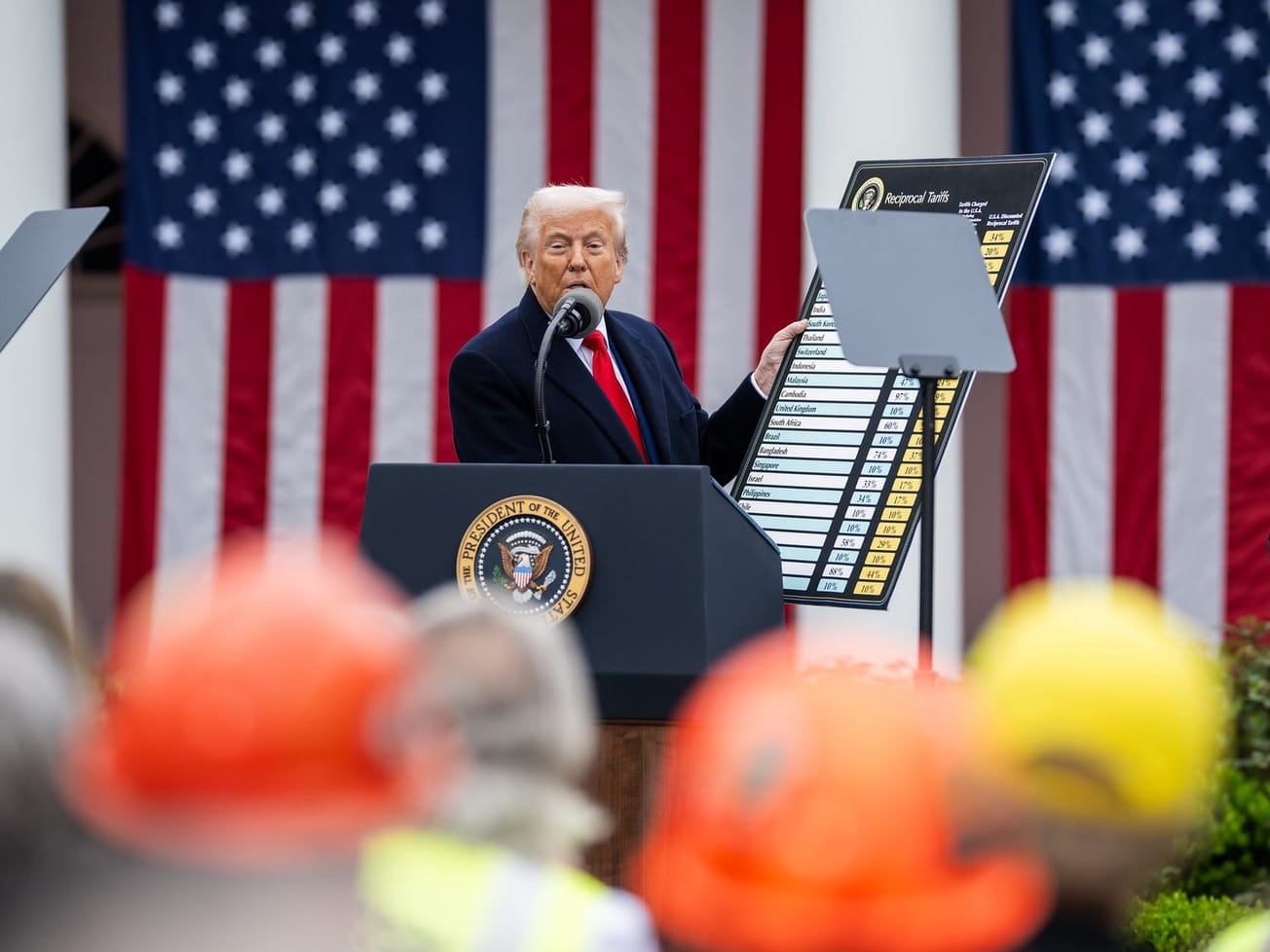DAVOS, Switzerland (AN) — Russia's war in Ukraine and a daunting set of global challenges dominated the World Economic Forum's gathering of political and business elites at this Swiss resort.
The COVID-19 pandemic, conflict, hunger, climate change, inflation, energy supplies, autocracy, and inequality all featured over four days filled with more than 250 panel discussions among 2,500 people, including 50 heads of state, and their private meetings and side events.









